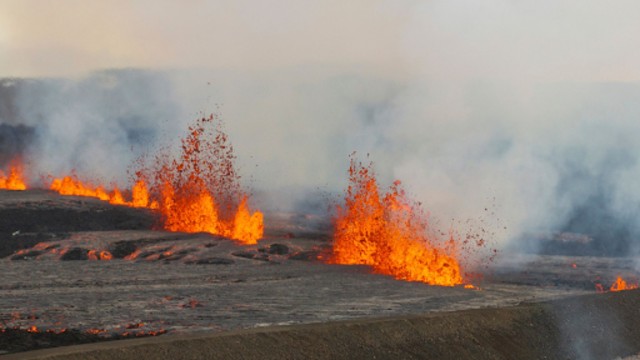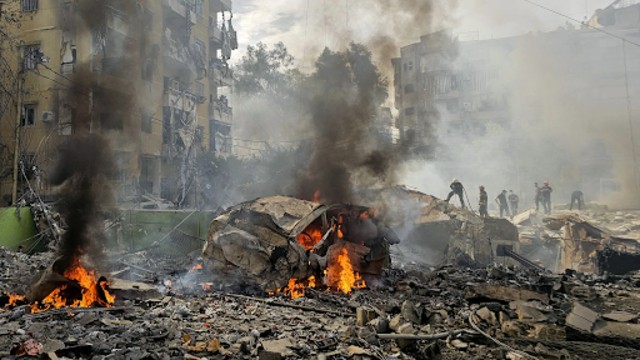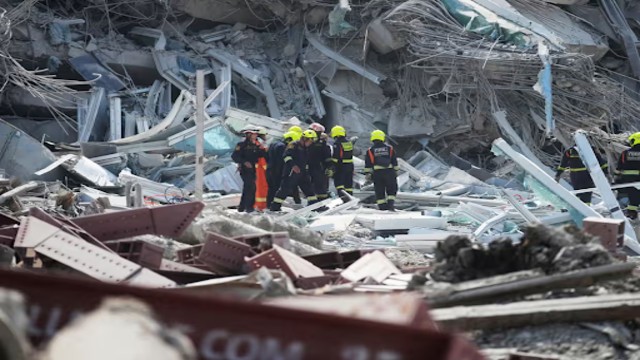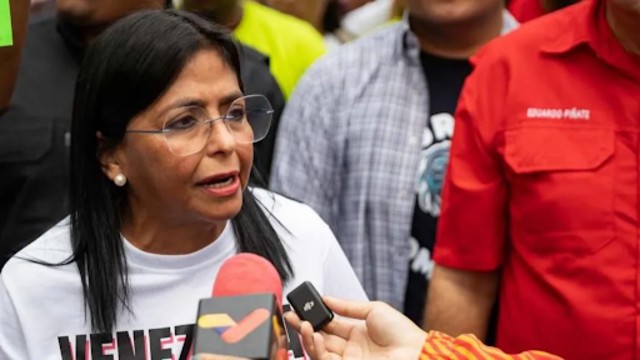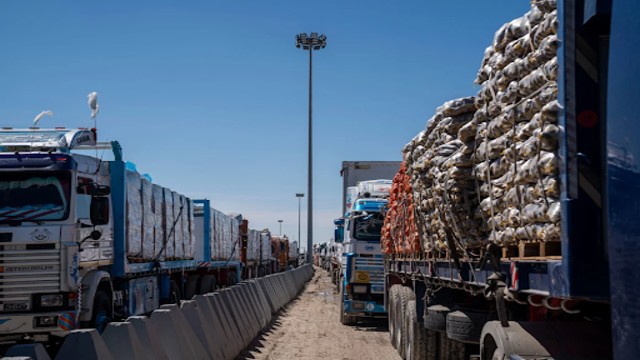
FILE- Children play on a water pump in an internally displaced camp in Gaoa, Burkina Faso, April 22, 2021. More than half of the displaced by growing violence between Islamic extremists and security forces are children, and many are traumatized by their experiences. But mental health services in the West African country are limited, and children are often overlooked for treatment.(AP Photo/Sam Mednick, File)
DAKAR, Senegal (AP) — Safi, whose identity is protected, endured a harrowing ordeal when assailants raided her village in northern Burkina Faso. They spared her and her children, leaving them to grapple with the anguish of surviving while her husband and relatives perished.
Safi is among the 2 million displaced in Burkina Faso, where escalating violence between extremists and security forces has uprooted countless lives, particularly impacting children. However, mental health support for these traumatized youths is scarce, leaving many untreated.
Rudy Lukamba, a health coordinator with the International Committee of the Red Cross in Burkina Faso, emphasizes the importance of early detection and intervention for traumatized children. Their program, often reliant on mothers to recognize signs of distress in children as young as three, stresses the role of parental figures in facilitating recovery.
In northern Burkina Faso, frequent massacres perpetrated by militant groups associated with ISIS and al-Qaida have become commonplace, further exacerbating the humanitarian crisis. The conflict, spanning a decade, has claimed over 20,000 lives, according to the Armed Conflict Location and Event Data Project.
Access to mental health services in Burkina Faso is limited, with only a handful of professionals serving a population of over 20 million. While community-based initiatives and traditional healers are expanding their reach, the demand far outweighs available resources.
Driven by desperation and fearing further attacks, Safi embarked on a perilous journey with her seven children to find sanctuary. Settling in Ouahigouya, they encountered challenges related to post-traumatic stress disorder, including nightmares and social withdrawal. Through the ICRC, Safi received assistance from a health worker who employed art therapy to help her children cope.
Traditional healers like Rasmane Rouamba are also playing a role in addressing the needs of traumatized children, offering tailored treatments depending on the nature of their trauma.
Moreover, the conflict in Burkina Faso has disrupted essential services, depriving hundreds of thousands of children of education and healthcare. The closure of schools and health facilities has compounded the humanitarian crisis, exacerbating the suffering of vulnerable populations.
Burkina Faso's government faces significant challenges in restoring security and stability. Despite a change in leadership following a military coup in 2022, the country continues to grapple with insecurity, with large swathes of territory beyond government control.
Safi, like many others, finds herself displaced and reliant on the support of her newfound community. For now, she remains hopeful, finding solace in the solidarity of those around her amidst the turmoil.




